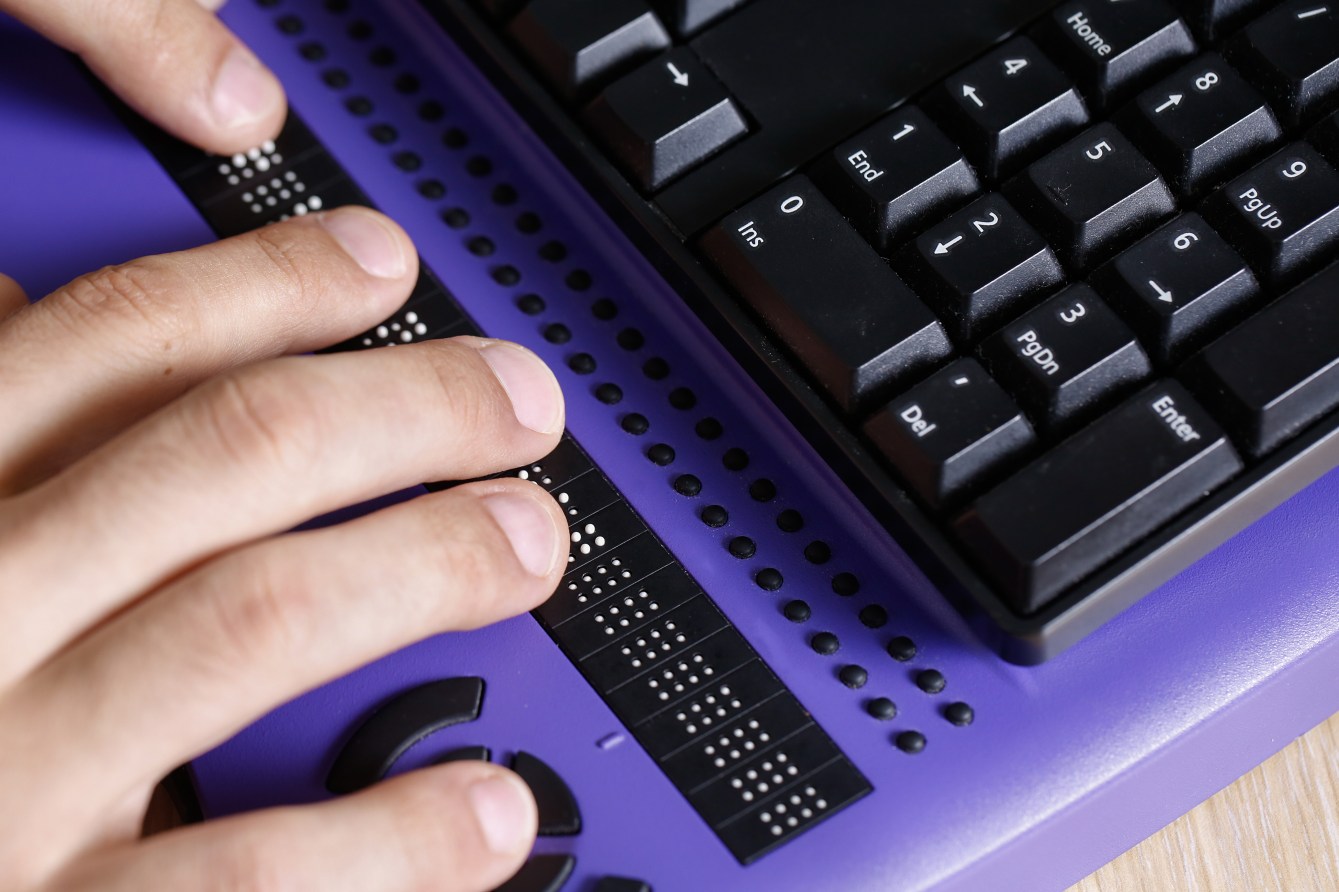SensusAccess: Helping Users Create Accessible Content

Creating accessible content isn’t always easy, but, alternative solutions to traditional media are needed in order to ensure that individuals with disabilities are able to make use of that content. Granted, the acceptance and implementation of universal design philosophy is making a huge impact in this regard, with companies such as Google and Amazon offering universally designed products out of the box. However, for smaller organizations, non-profit groups, and educational institutions, creating content that is universally designed can be cost-prohibitive and extremely time consuming. However there is a service available online which is tackling this issue head on, and in today’s e-bulletin we’re going to look a bit closer at this service and see how it could be used to create cost-effective and accessible content.
So how is exactly does this service work? Let’s take a look.
SensusAccess is an online document converter that allows individuals to upload a file, a block of text, or point to a particular URL, and the file is instantly converted for them. Users simply choose the output format, enter their e-mail address, and the converted file is instantly sent via e-mail. This service can also be used to convert inaccessible documents such as image-only PDF files, JPG pictures and Microsoft PowerPoint presentations into more accessible formats. There are a wide variety of output options available, including:
MP3 Audio – Available in over 40 languages, and offered in a variety of speeds
DAISY full text and audio – The DAISY format is considered to be of the highest standard when it comes to offering audio versions of text, allowing users to search, place bookmarks, navigate line by line, and change the speed of the text.
DAISY math full text and audio – This option allows users to have mathematical expressions converted into the DAISY format.
Braille – Users are able to customize the language, contraction level, and format of their braille document.
E-book – Documents can be converted into an e-book. Supported formats include EPUB,EPUB3, and MOBI(Kindle). Users are also able to convert their document into a larger than normal base font.
Accessibility Conversion – Users can choose between a variety of accessible and commonly used file types such as Windows Text, .docx, or Tagged .pdf. This could be especially useful for converting a lesser known or rarely used file type into a more common and more accessible file format.

SensusAccess is intended as a self-service solution for print-impaired students, faculty and alumni at universities and colleges, and complements the accessibility services usually offered by educational institutions. The service can also be used by faculty to convert lecture notes and other educational material into accessible formats.
The conversion functionality of this site is provided on a fair-play basis for demonstration and evaluation purposes only. Academic institutions, who wish to offer the service as an official accommodation, should enter a service agreement with Sensus for institutional use. Organised instruction of students on how to use the service constitutes institutional use. These restrictions apply to SensusAccess, RoboBraille and any other brand under which the service is offered. Use of the site is monitored and legal actions will be taken against institutions who violate these terms.
Tags: assistive technology, AT HelpDesk, universal design for learning



